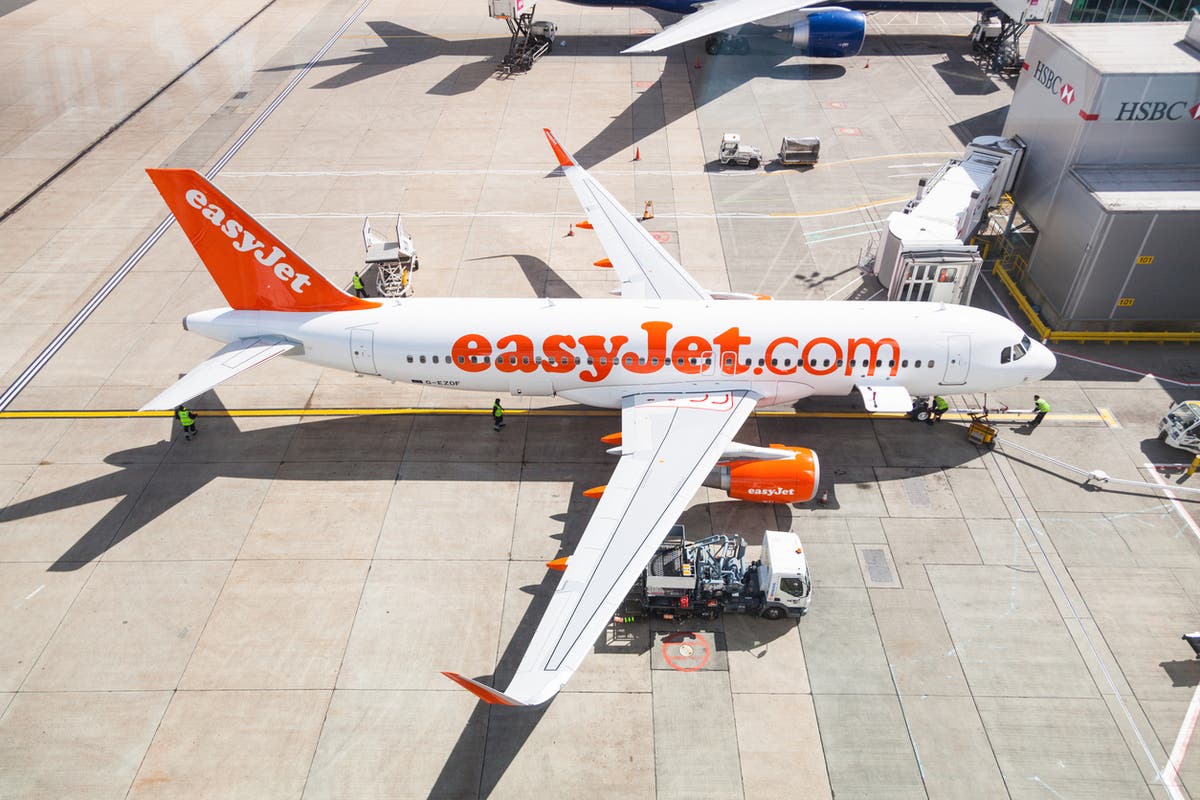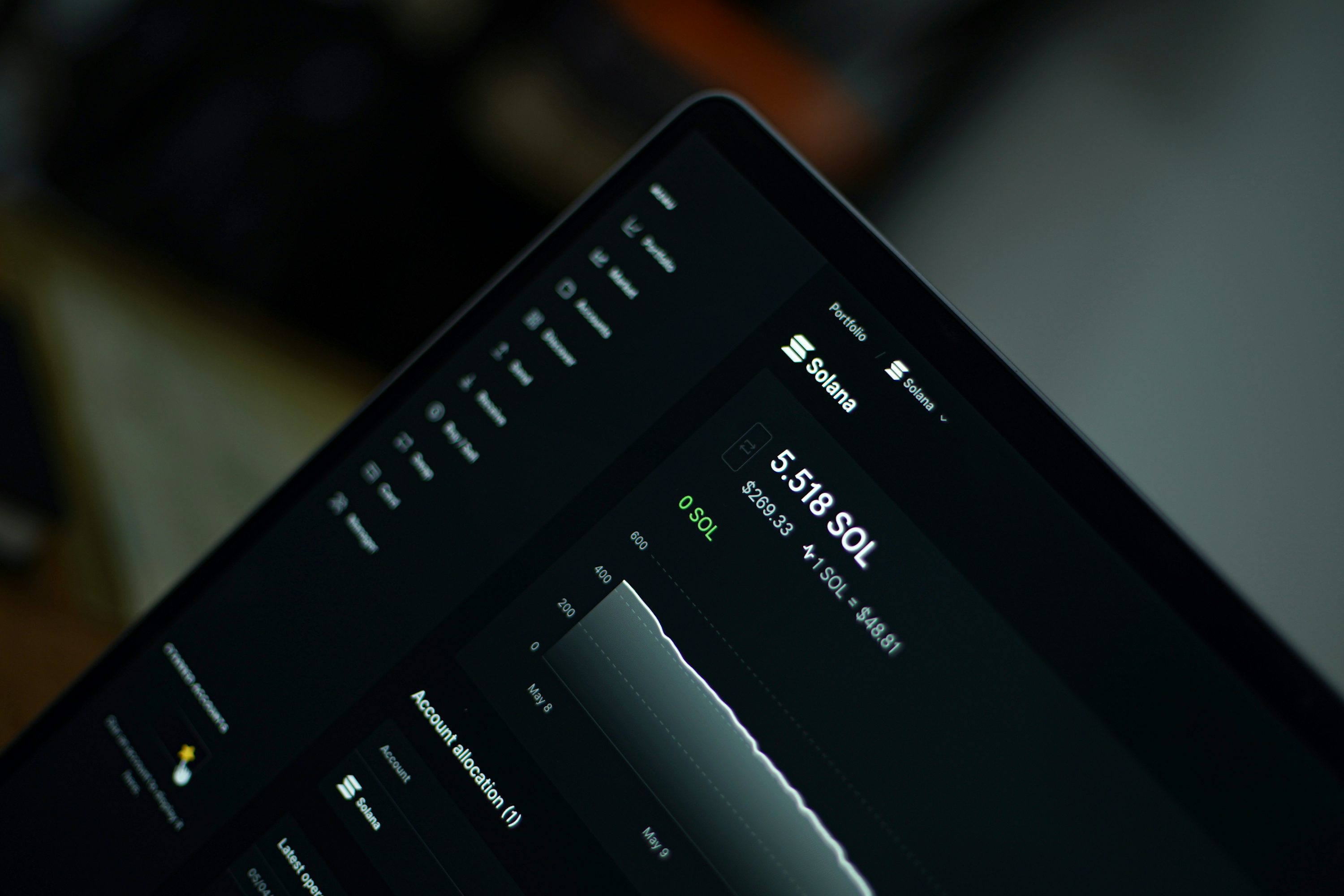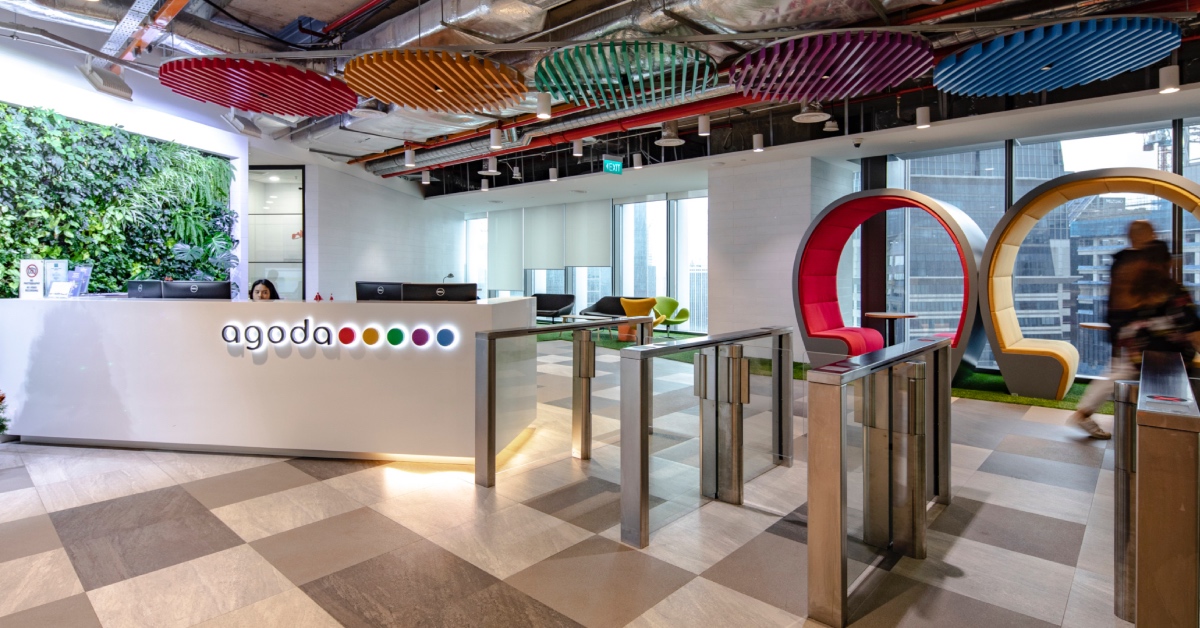How this business awards platform credibly honours Malaysia’s crème de la crème of SMEs
SEBA is an annual Malaysian entrepreneur and business awards initiative. Here's the process of how it vets and selects winners in 2022.

[This is a sponsored article with the SME and Entrepreneurship Business Awards (SEBA).]
Business excellence awards are typically where nominees would attend lavish dinners at top hotels, receiving certificates that recognise their achievements.
However, these awards are plagued with bad reputations due to their disreputable judging criteria, and companies paying hefty price tags to get accredited.
Yayasan Usahawan Malaysia (YUM) wants to change that.
Bias-free recognition of notable businesses and entrepreneurs
Founded by a team of entrepreneurs and chaired by Mr Nitesh Malani, YUM is an NGO formed to connect local private-sector SMEs and entrepreneurs to the public sector. These companies and their founders will then be connected to the regional startup ecosystem.
“With that, we created a few main pillars, namely education, recognition, and support,” said Nitesh.Under the recognition pillar, YUM set up its own awards platform, the SME and Entrepreneurship Business Awards (SEBA). It claims to award inspiring businesses and their founders based on merit, while being religiously and racially bias-free.
 Group Photo at SEBA 2021 / Image Credit: SME and Entrepreneurship Business Awards
Group Photo at SEBA 2021 / Image Credit: SME and Entrepreneurship Business AwardsHosting its seventh edition, the theme of SEBA 2022 recognises those who have risen against the pandemic and its many challenges. The awards gala will be held on December 8, 2022, at Shangri-La Hotel’s Grand Ballroom.
For the first time, SEBA 2022 is separated into three editions: Northern, Southern, and Grand Central. In the central region alone, SEBA reportedly received over 500 nominations that were filtered through its stringent awards criteria.
The phases of SEBA’s judging process
To join SEBA, companies must be at least two years old, and have a minimum annual turnover of RM500,000, according to SEBA’s FAQ.
While the public and companies themselves are free to submit nominations, there is a non-refundable RM 1,000 fee per entry meant for administrative, auditing, and processing costs.
And that’s just the first step of SEBA’s assessment process, which can take up to two months to go through:
Phase 1: Pre-qualification by SEBA’s Committee or through self-nomination;Phase 2: Online documents submission, vetting, and validation by SEBA’s Committee;Phase 3: On-site/online audit and interview;Phase 4: Financial assessment rating by the appointed auditors;Phase 5: Selection of awardees by SEBA’s Board of Advisors (BoA);Phase 6: Final verification process by SEBA’s Committee;Phase 7: Award letters delivered for recipients’ confirmation;Phase 8: Awards gala dinner and post-event publicity campaign. Attendees at SEBA Award Presentation Gala / Image Credit: SME and Entrepreneurship Business Awards
Attendees at SEBA Award Presentation Gala / Image Credit: SME and Entrepreneurship Business AwardsPhases 2-4 of the process involves stringent background checks on businesses and the entrepreneurs who run them.
This is because nominees must submit two years of audited reports, financial statements, and any other official documents to back up their claims.
First validated by SEBA’s internal committee, they are then vetted by an outsourced audit firm, Cheng & Co., which is the official audit partner for SEBA.
Tom Wong, CEO of Cheng & Co. shared, “A valid business registration and selected certifications [are looked at to] ensure the business is legit and not blacklisted in any area.”
He added that the company’s growth rate, market potential, and directors are assessed to verify that the business is what it claims it is.
In terms of the interview conducted in Phase 3, Nitesh told Vulcan Post that nominees are asked about their company’s:
History and founder(s);Overall growth for the past five years;HR, financial, marketing, and sales management;Plan for the next five years.The committee look for points that showcase the entrepreneur’s contribution to their respective industry, reputation in the community, and achievements within or outside of Malaysia.
 All awardees receive a SEBA trophy and certificate / Image Credit: SME and Entrepreneurship Business Awards
All awardees receive a SEBA trophy and certificate / Image Credit: SME and Entrepreneurship Business AwardsFrom there, SEBA’s nomination team will match SMEs and entrepreneurs according to pre-determined award categories and industries. Some titles include Halalpreneur, Edupreneur, and Technopreneur of the Year.
The judges’ decision is finalised by SEBA’s BoA, which comprises influential people in business. They are sworn in by other BoA members, and they can be past SEBA winners too.
 Founder of Aerodyne, Kamarul Muhamed / Image Credit: SME and Entrepreneurship Business Awards
Founder of Aerodyne, Kamarul Muhamed / Image Credit: SME and Entrepreneurship Business AwardsAerodyne’s founder, Kamarul Muhamed, is an example of this. He’s been awarded SEBA’s “Technopreneur of the Year 2019” and “Entrepreneur of the Year 2020”.
Recognising talent early on
 Image Credit: SME and Entrepreneurship Business Awards
Image Credit: SME and Entrepreneurship Business AwardsWhile SEBA claims that its meticulous assessment ensures only the crème de le crème is selected, Nitesh also believes the platform has been recognising talent before other significant players do.
 Co-founder of Carsome, Teoh Jiun Ee / Image Credit: SME and Entrepreneurship Business Awards
Co-founder of Carsome, Teoh Jiun Ee / Image Credit: SME and Entrepreneurship Business Awards“For example, Carsome was our ‘Technopreneur’ awardee in 2021 before their unicorn story,” Nitesh pointed out. He added that Aerodyne’s founder was recognised by SEBA twice, before Kamarul was awarded EY Entrepreneur of the Year in 2021.
Ultimately, Nitesh said that SEBA’s end goal is to create the same recognition Asia-wide and globally, to elevate entrepreneurs and SMEs.
He wants the platform to be the connector of SMEs around the region, and provide them with a network to work together.
Learn more about the SME and Entrepreneurship Business Awards here.Read about more Malaysian startups here.Featured Image Credit: Leslie Gomez, Founder of The Olive Tree Group (first left, front row) with his team at the SEBA 2021 Award Presentation Ceremony

 Astrong
Astrong 





























